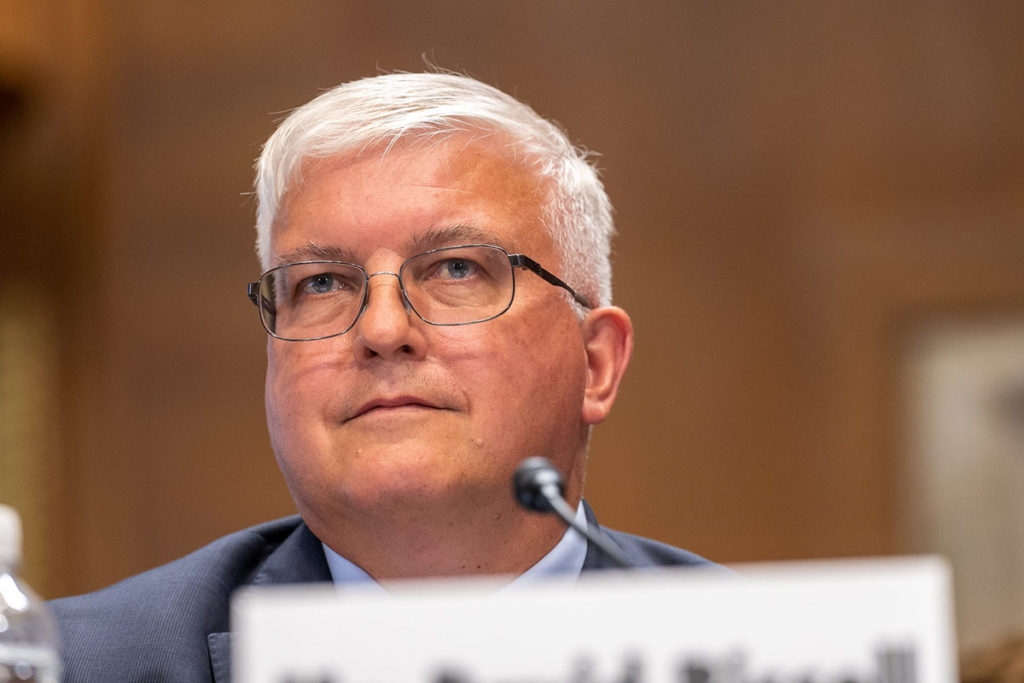
Federal energy incentives have supported Kauaʻi Island Utility Cooperative’s transition to renewable energy and more stable electric rates. They should continue to be a tool used to spur co-op innovation, KIUC CEO and President David Bissell told a Senate committee Wednesday.
Federal incentives such as the investment tax credit have been key to the co-op’s success, Bissell said. He urged members of the Senate Energy and Natural Resources Subcommittee on Energy to support direct payments for not-for-profit electric co-ops to develop new energy innovation technologies.
“Currently, we have to use very complex project structures, or have for-profit entities build and own our renewable projects to receive essential tax credits,” Bissell said. “A direct-pay option for not-for-profit cooperatives could likely lower costs for our members from the same levels of federal tax incentives.”
Bissell said the cost of capital is another key factor for co-op infrastructure development. “Cooperatives are eligible to borrow from Rural Utilities Service,” he said. “One problem with RUS borrowing is that it is prohibitively expensive to refinance when RUS interest rates decline.”
Bissell told the senators that he supports enactment of the Flexible Financing for Rural America Act to allow co-ops to refinance their loans without prepayment penalties when interest rates decrease.
Hawaii’s strict renewable portfolio standard mandates that all utility electricity sales come from renewable energy by 2045. Recent partnerships with Tesla and AES Corp. on three large-scale solar-plus-storage projects helped KIUC reach 70% renewable energy last year when combined with previous investments in a biomass plant and utility-scale solar projects, Bissell testified.
The co-op, unique in that it provides electricity to 70,000 island residents, 20,000 visitors and 5,000 businesses on a fully isolated grid, has led the state in both renewables and reliability for the past three years.
The transition to renewables has benefited the co-op’s members financially.
“Since early 2021 when oil prices started spiking, rates for KIUC members have increased roughly 10%. That’s compared to increases of between 35% and 45% for the other Hawaiian Islands,” Bissell said. “This is primarily due to bringing on renewables via competitively priced, long-term power purchase agreements to replace oil, with its associated price volatility.”
Erin Kelly is a staff writer for NRECA.